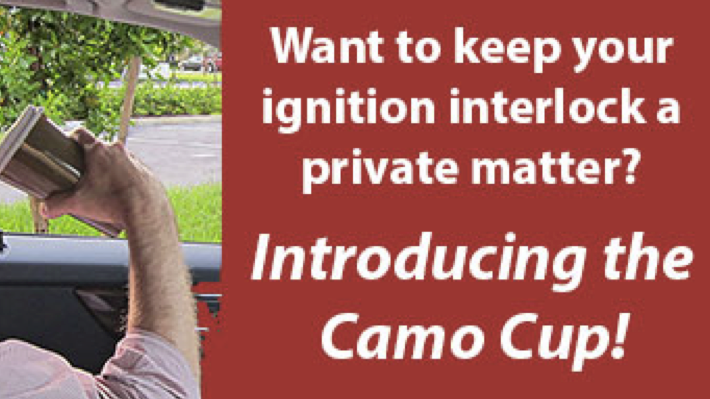When it comes to new DWI laws across the country, there are two prevailing schools of thought. One says we need more laws while the other says we don’t, we need to enforce the ones we’ve got. Guess which school is winning. Here are the laws actively being discussed at various levels of government and among lobbying bodies such as Mothers Against Drunk Driving.
From .15% to .08% to .05% – Do I hear any lower?
The NTSB continues it’s push for lowering the acceptable BAC percent from .08% to .05%, despite heavy criticism and lobbying against the proposal by nearly every person who likes to have a drink after work or a glass of wine with dinner.
The agency points to the current laws in over 100 countries around the world where such a limits exist. Those governments claim the lower BAC is having an effect on drunk driving accidents and deaths. Ever an agency to thrive on statistics, the NTSB cites European figures as the reason we should consider the lower BAC here. They claim the tougher requirement would save 500 – 800 lives per year. The agency has formally asked every state to consider .05% as the new legal limit.
Prediction – Look to see states begin to lower their BAC limits to .05% within the next 2 – 5 years.
Sobriety Checkpoints
A major push by MADD is to expand the use of sobriety checkpoints as a tool to apprehend drunk drivers before they cause harm. Thirty-eight states conduct checkpoints at various intervals throughout the year. Some have a checkpoint every month, some once or twice a month, some conduct weekly checkpoints, while California pulls out all the stops and conducts 2,500+ sobriety check points every year. Eleven states do not participate in checkpoints either by interpretation of their state constitution or by law. Texas has declared such stops illegal by their interpretation of the US & Texas Constitutions. MADD continues to stick by its unverified statistic that checkpoints reduce fatalities by 20 percent and would prefer that other states follow California’s example.
Prediction – Look to see expanded use of sobriety checkpoints in some states at the urging of lobbying groups and perhaps a legal challenge to those opposing the practice on constitutional grounds.
Expanded use of ignition interlock devices as a deterrent
At the behest of MADD, all 50 states have varying degrees of ignition interlock after a DWI conviction. There has also been a huge push to make interlock devices required as a condition of bond, even if it is only a first charge.
It goes without saying that most Judges in the Houston/Galveston area routinely make the interlock device mandatory on all citizens needing an occupational driving license requests.
MADD’s current manifesto on interlock devices is an eleven-point platform that details their push towards ignition interlock devices for all DWI convictions. The cost of the device and the expenses to run the program would be borne by the offender. MADD, being completely transparent on some of their goals, seeks to equip all new vehicles with a (currently unavailable) technology that would prevent a car from starting if the driver is drunk. Their propaganda states that the technology would be more advanced and more convenient than current ignition interlock devices.
Prediction – Look to see states passing more laws requiring interlock devices for more levels of DWI. Look to see the Federal Government, perhaps the NTSB to begin proposals for new anti-DWI technology on new cars. Look to the auto industry to oppose any proposal promoting such a device.

Have you noticed Bob has to take a sip of coffee to start his car?
As long as the school of thought that more laws will make us safer prevails, we can expect more laws every year covering DWI. The argument that legislation can’t effectively change society is a discussion for another day.














